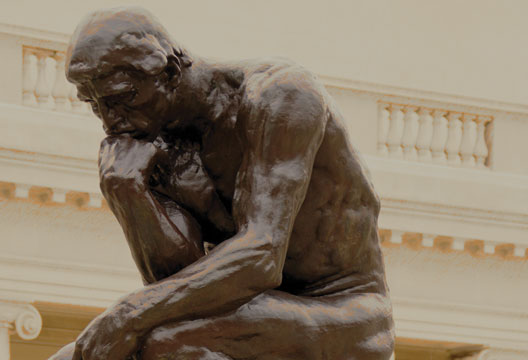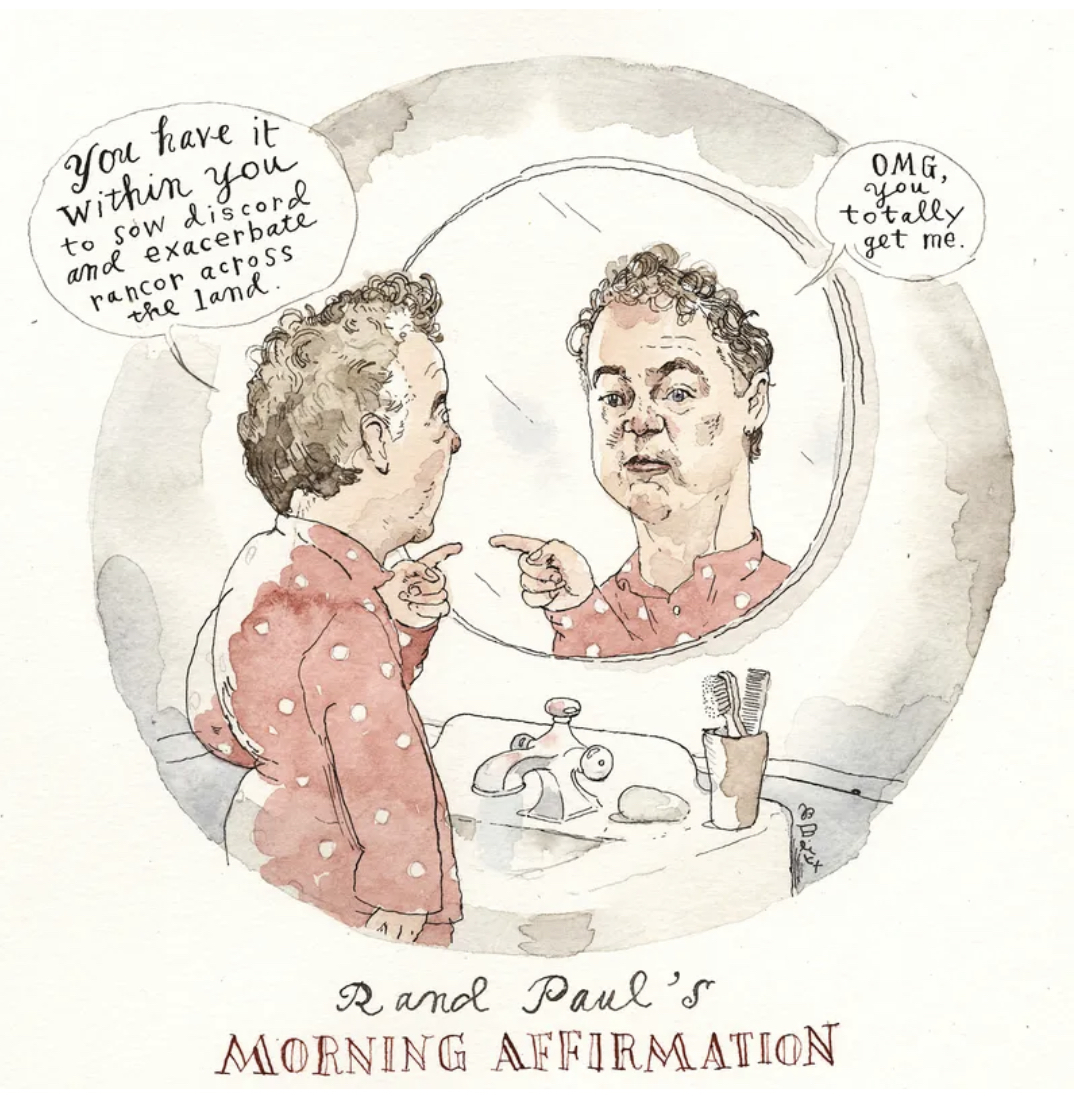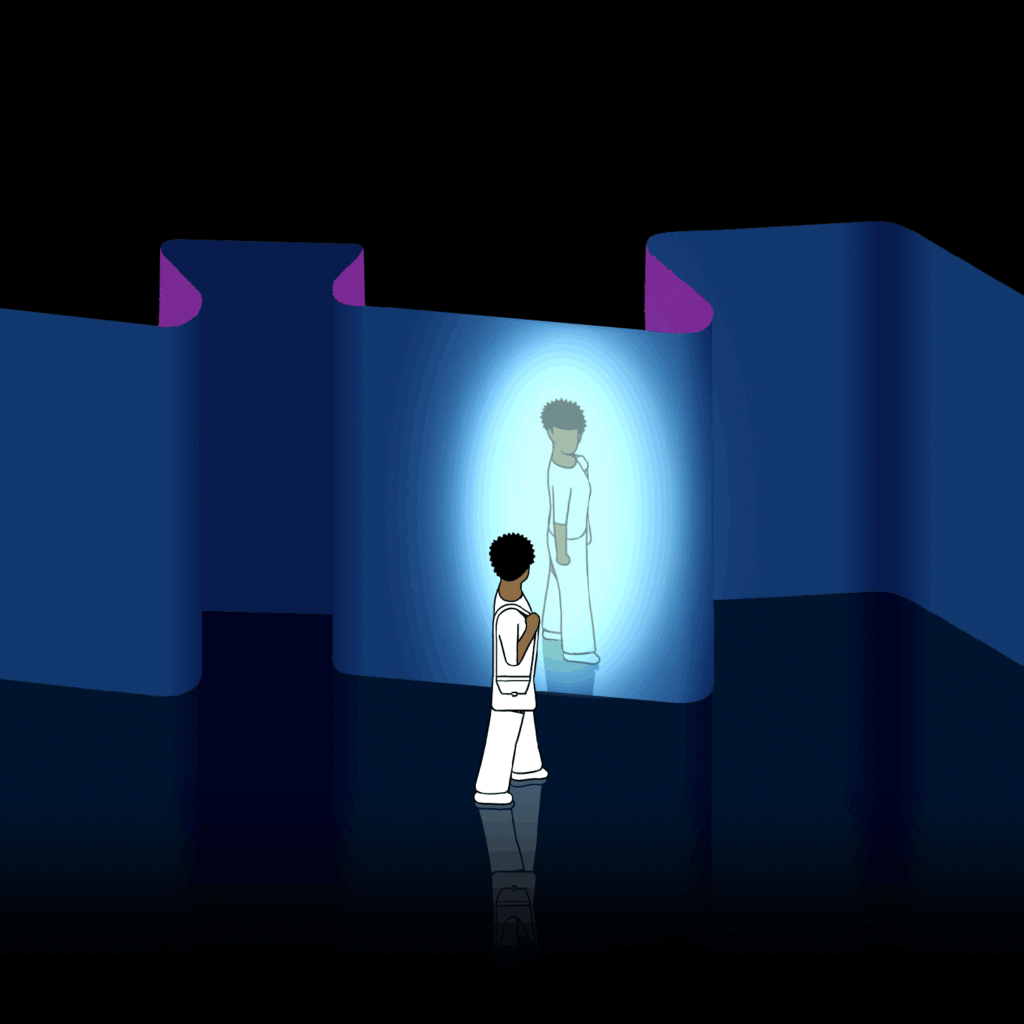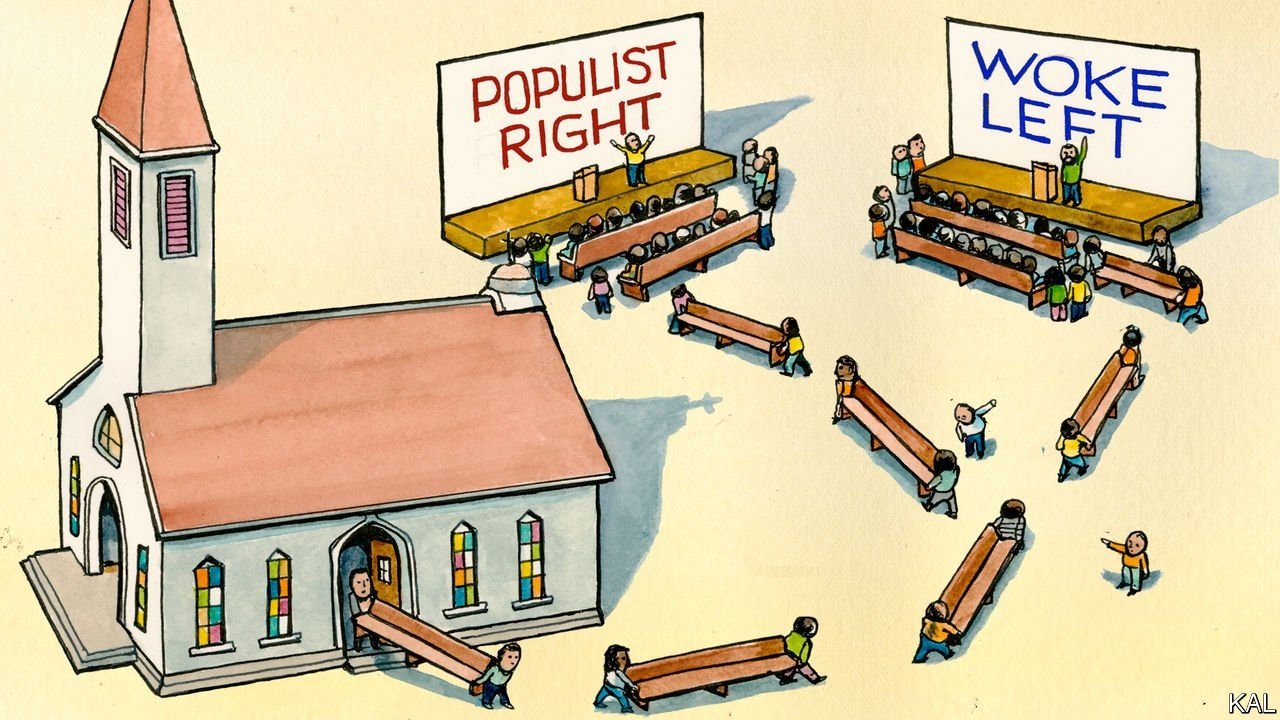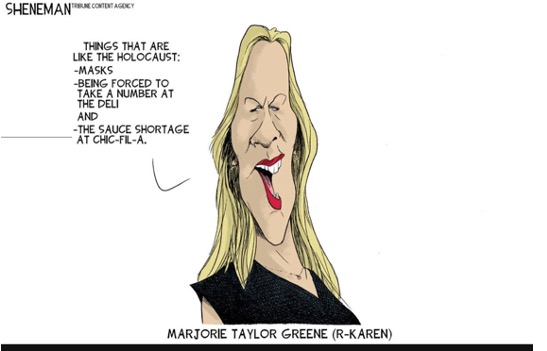
Americans are asking, is the country too broke to move forward in closing its divide? The country is at a critical juncture which presents a prime opportunity for the Church to help communities discern the country’s most divisive issue head-on, so every Christian can ”sing from the same hymnal.”
My children, we should love people not only with words and talk,
but by our actions and true caring.”
1 John 3:18 (NCV)
Today, so much emphasis is placed on self-interest that we can be blinded to the dangers and cost of getting our way. The perilous pursuit of self-interest, I believe, lies at the root of many of our problems in the Church, in culture, and in politics. We want to shape the world to our ends. Here’s a perfect example. Recently, I heard a pastor on the radio say, “you only need to love people by telling them the about gospel. Anything else is a false prophet.” That belief is just outright antithetical to the Bibles teaching.
Charles Taylor, in Sources Of The Self: the making of modern identity wrote, “We’re saved through the self-giving of Christ then we hear Christ saying: take up your cross and follow me, lose yourself to find yourself, don’t live for yourself anymore, but live for God and your neighbor. That’s a problem for most.
What we need in our society, which is producing self-actualizes, self-asserters, is millions of people who’ve been shaped by the self-giving of Jesus Christ, who say: I’m a Christian because of Jesus’ self-giving, and we’re able to say therefore I live for God and for my neighbor, not necessarily for myself because I’ve got everything, I need in him.”
If racial division is a shallow political wedge issue to you, you probably won’t read further. If this is just another way to ignore the “Imago Dei” to satisfy your need to be better than someone else, then you probably won’t read further. But if, as a Christian, you want to understand, “how do we move forward,” you will continue reading.
The history of this country has become extremely controversial. Understanding our history can help us make current choices that are considerate of every human being. Finding where things went wrong or right helps to reimagine how things could go right in the future.
On the one hand, we believe Americans have the highest moral ideals. On the other hand, modern culture shows us that all moral value is socially constructed and subjective. It becomes easy to bandwagon divisive ideas that support your interest.
One such idea is CRT, which has attracted the ire of conservatives, who critique the theory as anti-white and anti-American. But while many Republican legislators are trying to ban the teaching of CRT in public schools, they struggle to give even the broadest definition when asked actually to define CRT. When public school administrators are asked if they are teaching CRT, their answer is “no, we are not.”
So what is it? CRT was developed in the 1970s and 1980s by legal scholars, attempting to explain why even after civil rights legislation was passed, racial inequalities continue to persist in the ’60s and beyond.
Not everything that critiques racism or thinks critically about racialization is critical race theory. And for those beginning to think biblically about racial identity and how race interacts with faith and theology, the list below offers some helpful places to start. These resources are NOT a part of CRT. They unpack a history that, at the time of their publication and before the historical revision process began, everyone agreed.
All are bound to make you consider the complexities of categorizing people by their race and how the consequences of those categorizations continue to manifest themselves in politics, media, health care, education, economics, and our churches.
If all this sounds complicated and abstract, I’d agree. But simple answers to the complex questions of how we form a more just society will not be sufficient in imagining new ways for humans to live into God’s beloved community.
After, you have read these resources, you can know for yourself the differences. Thinking critically about how beliefs about differences in pigmentation affect how you interact and treat people is normal history.
“Race: A Theological Account is an initial installment in filling this significant lacuna in modern knowledge about how the discourse of theology aided and abetted the process by which ‘man’ came to be viewed as a modern, racial being,” writes Carter in the prologue.
“Indeed, it is as though Christianity, wherever it went in the modern colonies, inverted its sense of hospitality,” writes Jennings. “It claimed to be the host, the owner of the spaces it entered, and demanded native peoples enter its cultural logics, its ways of being in the world, and its conceptualities.”
“The interracial or mulatto/a body is the site that unveils race as a tragic illusion,” writes Bantum. “The tragic, so often accounted to mulatto/a peoples as a bodily inferiority or a profound loneliness, is instead seen as the necessity of negotiation within multiple worlds that refuse them or which they themselves refuse.”
“Since the radical and expedient subjugation of a people to demonized difference in the fifteenth century, all human bodies have been caught up in a near totalizing web of body commerce, body exchange, body value,” writes Copeland in the introduction. “Taking the black woman’s body as the starting point for theological anthropology allows us to interrogate the impact of that demonization in history, religion, culture, and society.”
“Stand Your Ground law signals a social-cultural climate that makes the destruction and death of black bodies inevitable and even permissible,” writes Douglas in the introduction. “It is this very climate that also sustains the Prison Industrial Complex, which thrives on black male bodies. Most disturbing, this stand-your-ground climate seems only to have intensified as it continues to take young black lives such as those of Renisha McBride, Jonathan Ferrell, and Jordan Davis.”
SOURCE OF BOOKS: Josiah R. Daniels, assistant opinion editor at sojo.net.
Would your connections benefit from this post?




